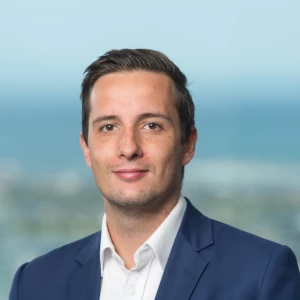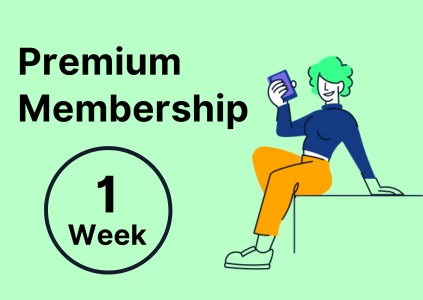I have an interview with Bain fast approaching, and I am struggling to move away from memorised frameworks. It's an approach that just makes sense to me, and I struggle to figure out how to tailor frameworks to specific cases.
To explain my problem in more detail: for profitability, it seems natural to split the question into revenues vs costs, then look at how we can increase the number of consumers and the amount they spend, and then explore different areas of cost reduction. It makes sense to me that the “tailoring to the specific case” comes after this - for example, for a waterpark, they could increase consumer volume by increasing opening hours, opening new attractions, or perhaps finding uses for their space in the off-season (eg hiring out car parking space for events like Winter Wonderland, or using indoor facilities for swimming classes year-round). In a different example, a car company could increase demand through focussing on fast-growing markets like EVs or low cost/low emissions vehicles, but the underlying structure to map out the profitability analysis would be the same. I find the same thing for most of the frameworks that I know – they’re fairly intuitive and fit the MECE criterion, and the tailoring seems to come naturally after the structure, rather than during it. I would obviously answer the water park case differently to the car case, but I would analyse both by using the same framework.
This is a very drawn-out explanation to say that the frameworks make sense to me, and I struggle to tailor the framework itself to each new case. Is it ok to just make my answer case-specific in the analysis parts, or do I have to change the skeleton of the framework every time?
Victor Cheng says that this is something that will just “click” - if I keep practising with the structures, apparently I should have some kind of epiphany as to why we use them and therefore how I can make up my own, tailored to each case, on the spot. This hasn't clicked yet and I am worried that it won't in the next 3 weeks - I have been practising for a while and it hasn't happened yet.
If anyone has any advice to help with this problem, I would really appreciate it!















